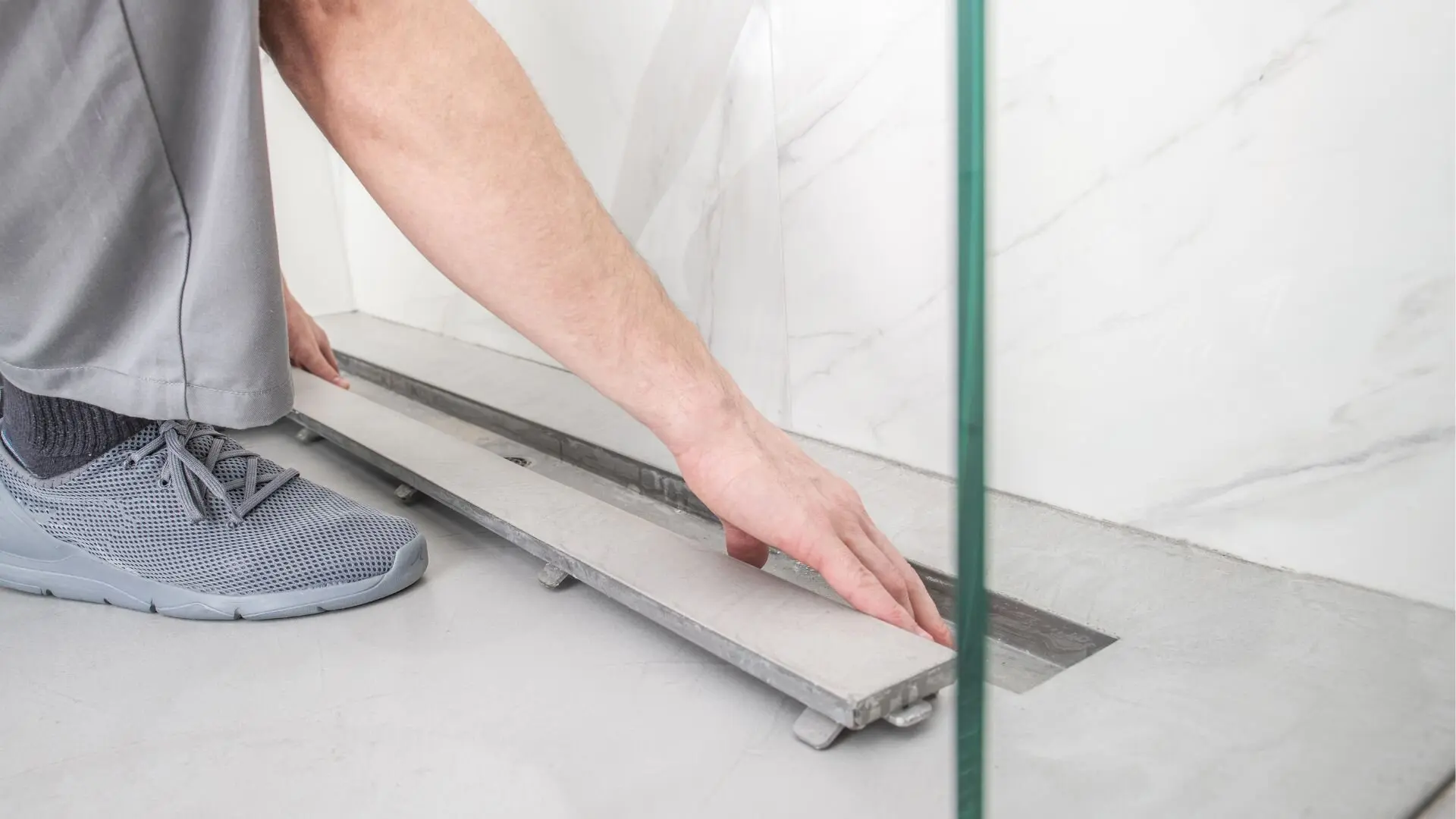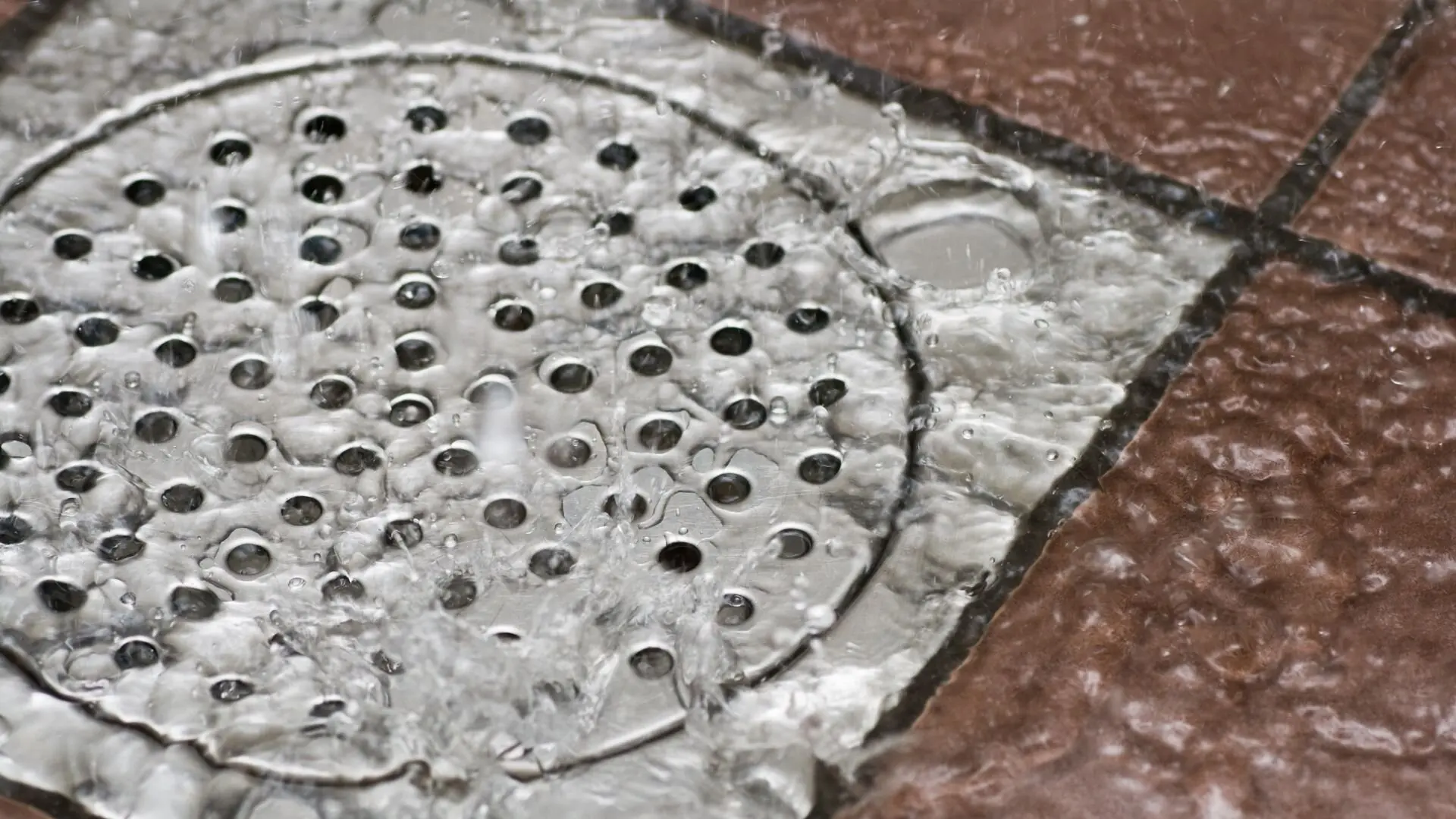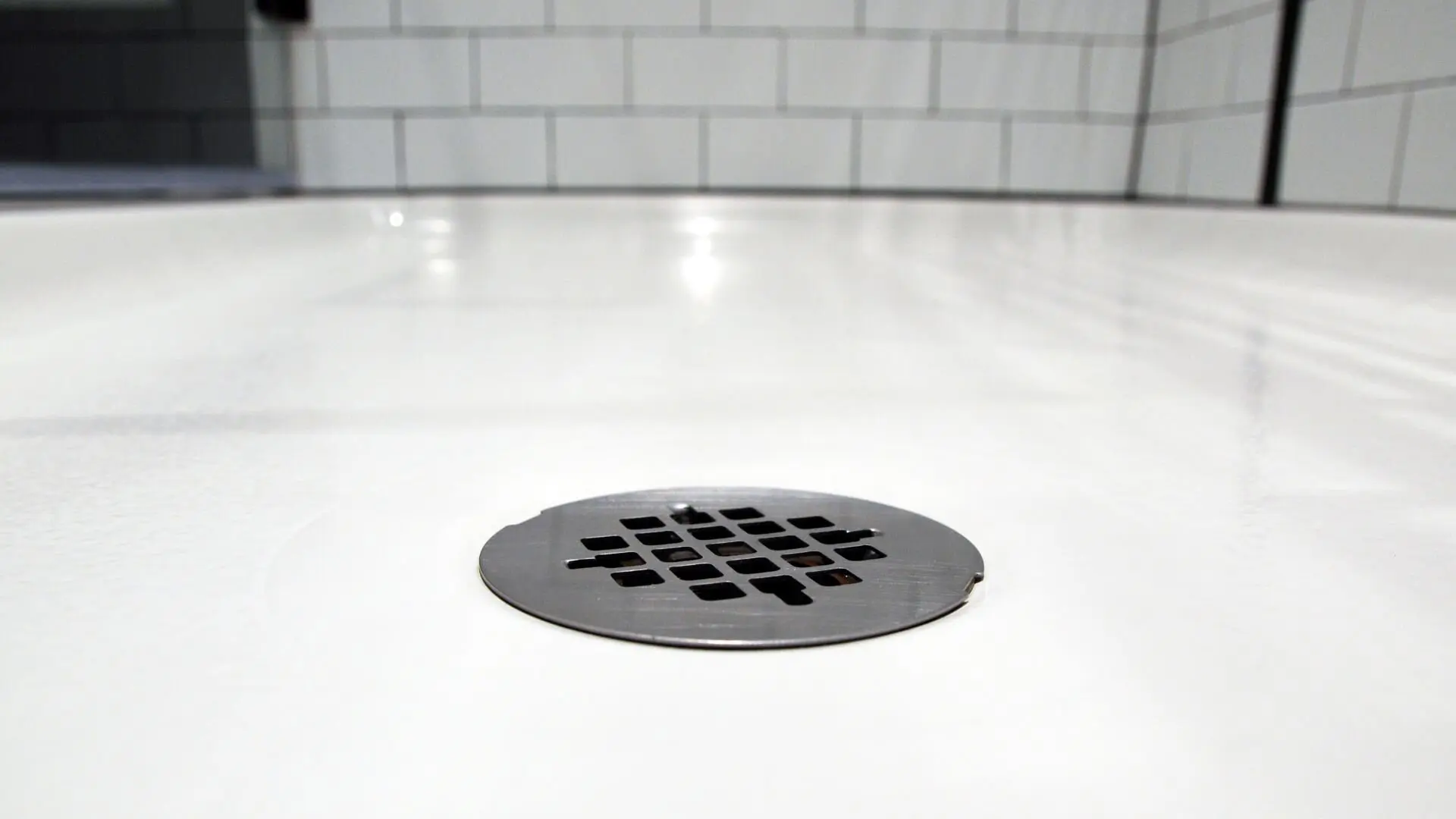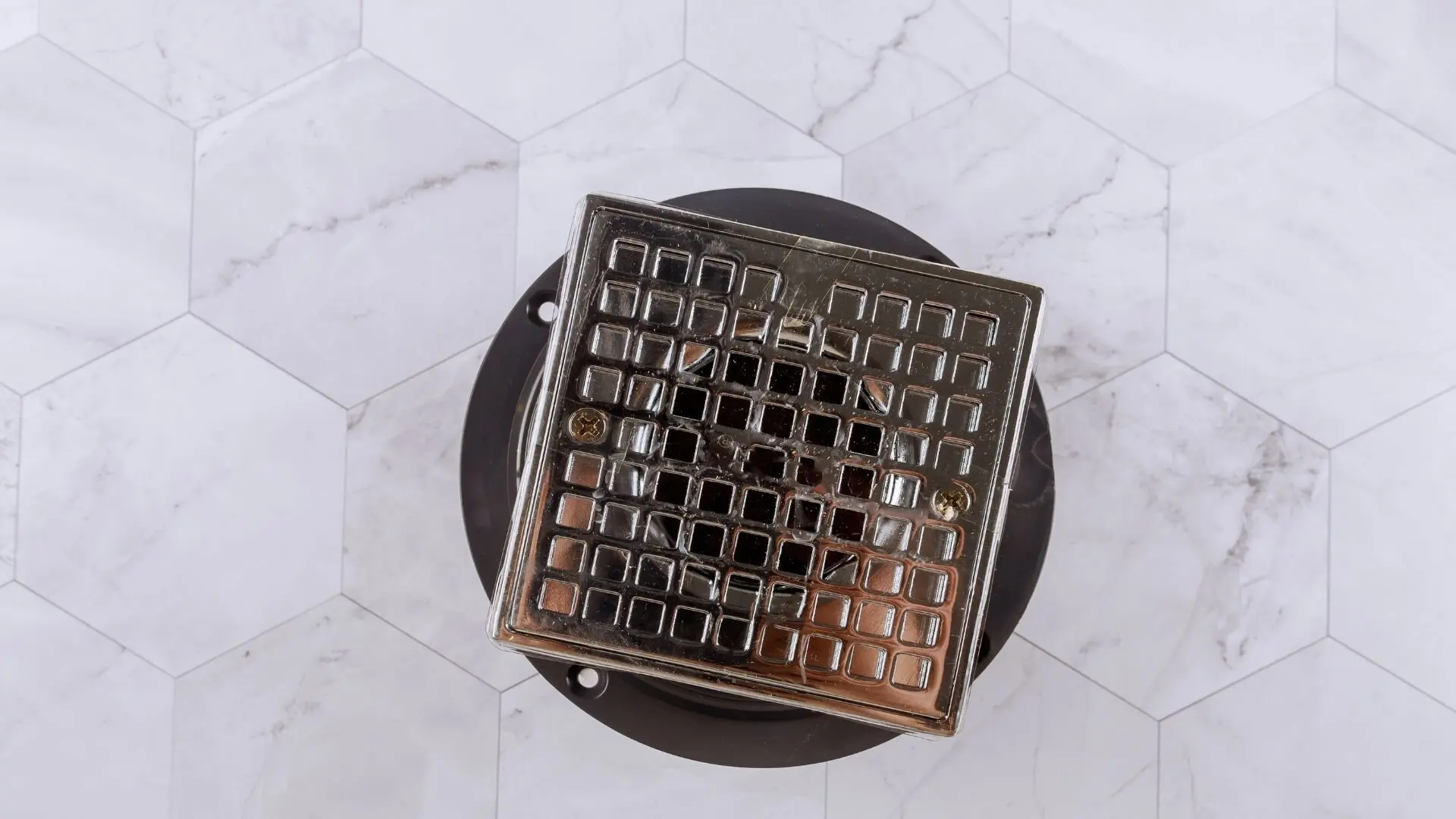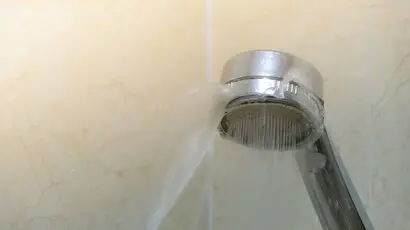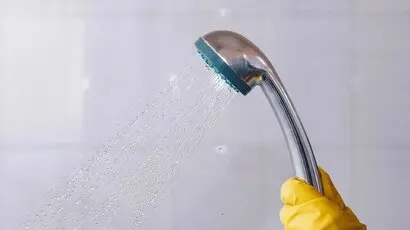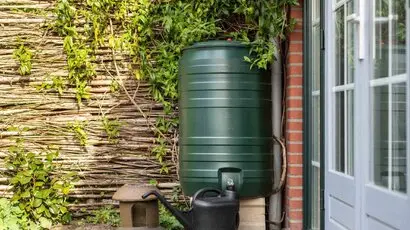There’s nothing quite as refreshing as starting your day with a hot, invigorating shower. However, that peaceful morning ritual can quickly turn into a nightmare if you discover your shower is leaking. A leaky shower floor or drain is more than an inconvenience—if left unchecked, it can lead to severe water damage, mould growth, and potentially expensive repairs.
Identifying a shower leak early is crucial to preventing further harm to your bathroom and home. Unfortunately, shower leaks can often go unnoticed until significant damage has occurred. That’s why knowing the telltale signs that your shower may leak is essential.
There are a few signs that might tip you off to a leak, like water stains on ceilings or walls, musty smells, or even loose tiles. In this detailed guide, we’ll dive into the common signs of a leaking shower, look at what might be causing them, and discuss how you can tackle these issues head-on.
Whether you’re a seasoned homeowner or a first-time renter, this blog post will give you the knowledge and tools to tackle a leaky shower head-on. Don’t let a hidden leak become a costly nightmare – read on to learn how to spot the signs and take action before it’s too late.
What Are The Signs Of A Leaking Shower Drain?
Nothing can ruin your morning routine quite like a leaky shower. If left unaddressed, a shower leak can lead to severe water damage, mould growth, and potentially costly repairs. If you notice any telltale signs, it is crucial to address the issue promptly and seek professional help.
![]()
Water Stains or Moisture on the Ceiling
Water stains or moisture on the ceiling right below your shower are clear indicators of a leak. If you notice discolouration, peeling paint, or dampness, then it’s likely that water is escaping from your shower. Keep an eye out for these signs to catch leaks early.
Musty Odors or Visible Mould Growth
It could indicate a leak if you detect an earthy smell or notice visible mould growth around the shower walls, tile, or grout. Moisture trapped behind walls or under the shower floor can create an ideal environment for mould to thrive.
Warped or Loose Tiles on the Shower Floor or Walls
If your shower tiles become loose or start to warp, it’s a telltale sign that water is seeping behind them. Ignoring this can lead to more severe damage down the track, so it’s vital to address the issue sooner rather than later.
Visible Water Leaks Around the Shower Drain or Base
Look closely at the shower drain cover and the base or shower pan. If you notice any water escaping or pooling around these areas, it’s a sure sign of a leak.
Slow Draining or Standing Water
If your shower drain is slow or you notice standing water on the shower floor after showering, it could be a sign of a clogged or leaking drain pipe. This can lead to water backing up and potentially causing leaks.
Wet Spots or Water Stains on the Bathroom Floor
Look for wet spots or water stains on the bathroom floor, particularly near the shower door or edges of the shower area.
Increased Water Consumption or High Water Bills
If you notice a sudden spike in your water consumption or water bill without any significant changes in usage, it could be a sign of a leak somewhere in your plumbing system, including your shower.
Potential Causes of a Leaking Shower
A leaky shower can stem from various issues within the shower enclosure itself. One common culprit is cracked or missing grout between the tiles. Over time, grout can crack or become loose, allowing water to seep through these gaps and cause leaks. Also, missing grout leaves gaps for water to escape, exacerbating the leakage problem.
Your shower door or seal could also be to blame. A worn-out or damaged seal might not keep water in, causing leaks to escape onto the bathroom floor. Similarly, a leaky showerhead or a loose connection can let water escape from the intended area.
Drainage issues can also lead to shower leaks. A clogged or obstructed shower drain may cause water to back up and potentially leak through cracks or gaps in the shower floor or base. Finally, improper installation or loose connections between components like the shower pan, walls, and drain can create openings for water to escape, leading to leaks.
If the shower is not installed correctly with tight, water-tight seals, it increases the risk of leakage over time.
Identifying the Source of the Leak
To effectively address a leaking shower, it’s essential to identify the source of the leak. Here are some steps you can take:
![]()
Step 1: Visual Inspection
Perform a thorough visual inspection of the entire shower area, including the walls, floor, drain, and door. Look for any signs of moisture, cracks, or gaps where water could escape.
Step 2: Water Testing
Run the shower for about an hour and observe for any signs of leaks or water escaping. If possible, check the ceiling below the shower, the bathroom floor, and behind the shower walls.
Step 3: Drain Test
To test if the drain is the source of the leak, plug the drain and fill the shower with a few inches of water. Let it sit for at least five minutes, then check for any signs of water leaking out.
Fixing a Leaking Shower
Depending on the severity and source of the leak, there may be DIY solutions or times when it’s best to call a professional plumber.
DIY Solutions
Applying a water-tight sealant around these areas can help contain leaks until a more permanent solution is possible. Alternatively, replacing worn or damaged gaskets and seals on the shower door or drain cover may resolve the leak by restoring a proper water-tight seal.
If the leak stems from cracked or missing grout between the shower tiles, you can take a hands-on approach. Begin by carefully removing old, damaged grout using a grout removal tool or utility knife. Once the area is cleared, you can apply fresh new grout according to the manufacturer’s instructions, ensuring a proper seal to prevent future water seepage.
If a clogged or obstructed drain pipe is suspected of causing the leak, unclogging or snaking the drain may resolve the issue. Running a drain snake or using a plunger to dislodge built-up debris and clear the drain line can sometimes stop water from backing up and leaking through cracks or gaps in the shower floor or base.
![]()
When to Call a Professional Plumber
If the leak seems serious or is coming from behind the shower walls or under the shower pan, doing it yourself might not be safe or effective. In these situations, it’s wise to get a professional plumber to take a thorough look and fix any problems properly.
Similarly, attempting a DIY fix may only provide a temporary solution if your shower was improperly installed or has loose connections between components like the pan, walls, and drain.
A professional plumber can ensure that everything is sealed correctly and installed according to code, preventing future leaks from occurring due to faulty installation.
Consulting a plumber is highly recommended for older showers or plumbing issues that require more than a simple fix. An experienced professional can evaluate the condition of your shower and plumbing system and then advise you on the most appropriate course of action—whether that involves repairing specific components or pursuing a complete shower replacement to address systemic problems.
Preventing Future Leaks
![]()
To help prevent future shower leaks, it’s important to practice regular maintenance and inspections:
- Check for loose tiles, cracked grout, or signs of wear around the shower door or drain cover and address any issues promptly.
- Clean the shower drain regularly to prevent clogs and water build-up.
- Avoid pouring harsh chemicals or cleaners down the drain, as they can damage pipes and seals over time.
- Consider having your shower professionally inspected and resealed every few years to ensure a tight, water-tight fit.
Don’t Let a Leaky Shower Dampen Your Home
Ignoring a leaky shower can have costly consequences. It’s crucial to address the issue promptly, from water damage and mould growth to expensive repairs. Try DIY solutions for minor leaks, but don’t hesitate to call in professional help for severe or complex cases to prevent further harm.
If you’re in Melbourne and need reliable plumbing services, contact WP Plumbing. Our experienced team can handle all shower and plumbing needs, from repairs to replacements. Don’t let a leaky shower cause unnecessary stress – trust WP Plumbing to resolve your plumbing issues efficiently.

